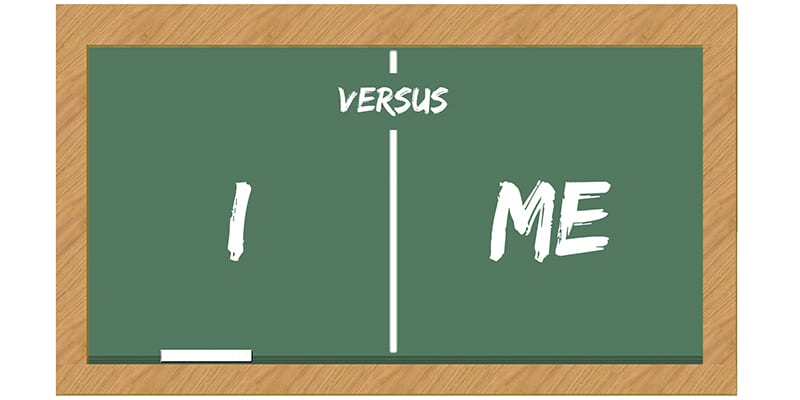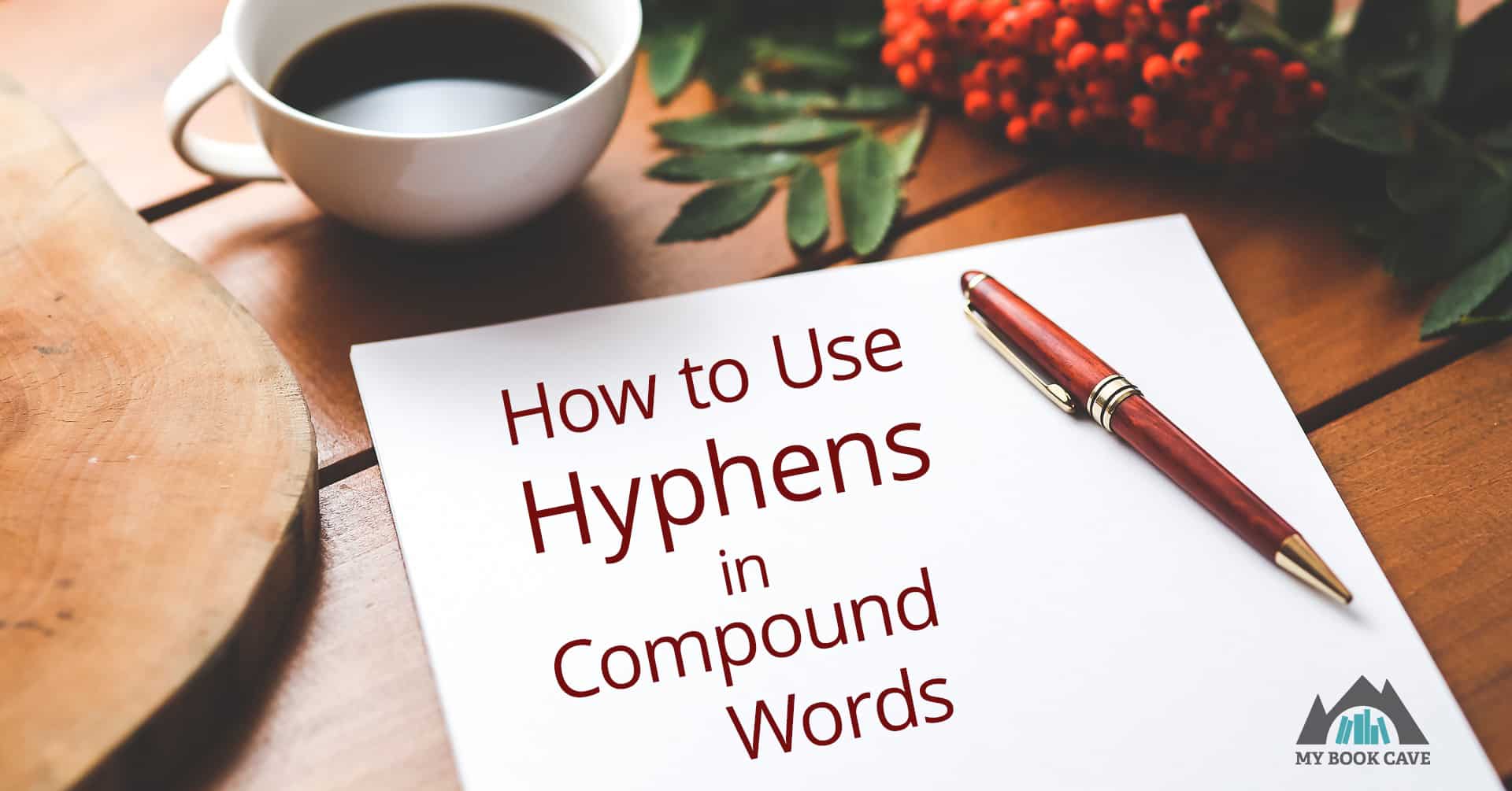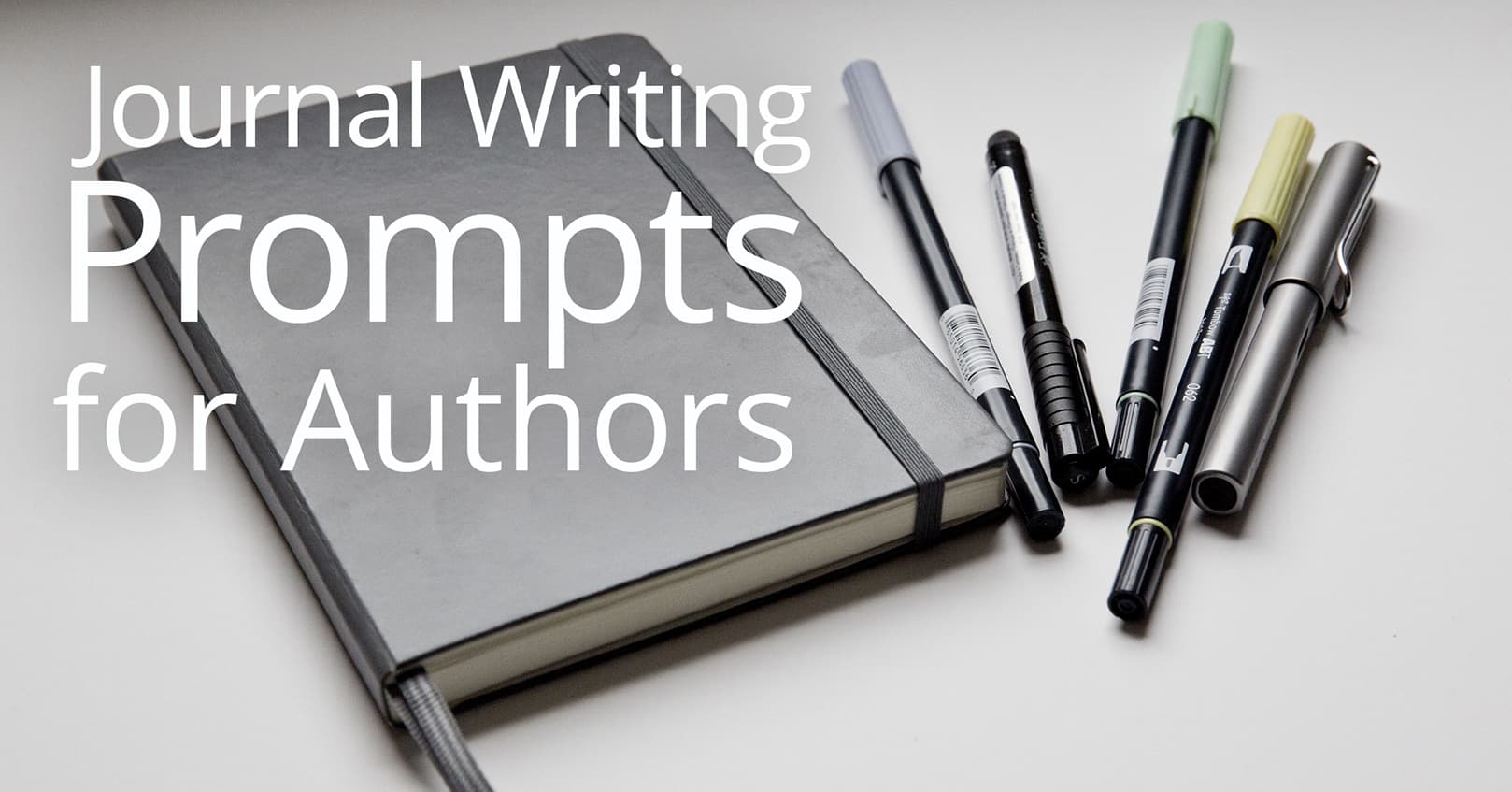
“I” versus “me.” Do you know what is correct? We all know that it is incorrect to say “Sally and me are going to the store.” But are there some instances when using “me” is correct?
Yes, there are. And the rules are actually very simple, yet too many people, even authors, are still making this mistake. Let’s take a look.
Parts of Speech for “I” Versus “Me”
Let’s give the grammatical explanation first (and then we’ll move to the more simple one at the end of this post!):
“I” is a subject-case noun. “Me” is an object-case noun. What does that mean? Let’s delve deeper.
“I” Is a Subject
If the word in question is the subject of the sentence, it should always be “I.”
If the word is a predicate nominative, it should, technically, be “I.” A predicate nominative renames the subject and follows a linking verb (linking verbs are usually the be-verbs: “am,” “is,” “are,” “was,” and “were”).
Example of I as the subject (the subject is underlined):
I am going to the store.
Sally and I are going to the store.
Until I was told about the new store, Sally and I had no idea where to go.
Examples of I as a predicate nominative (underlined):
That’s when I realized that the person in the glass was I.
It is I.
While this last example is technically correct, it is never used in the US because it sounds ostentatious and arrogant. But many still do use this construction when they answer the phone (they say, “This is she/he”).
“Me” Is an Object
If the word in question is an object, it should always be “me.” You can recognize an object if it is the direct object of a sentence or if it is preceded by a preposition.
Examples of “me” as a direct object (direct objects are underlined):
He told Sally and me about the new store.
We were looking for a good place to go shopping when my friend gave Sally and me a great idea.
Examples of “me” as an object of a preposition (objects of the preposition are underlined):
He was wondering about Sally and me. (“About” is the preposition)
He gave a great review of this new store to Sally and me. (“To” is the preposition)
The store appeared before Sally and me. (“Before” is the preposition)
In a compound object (like “Sally and me”), we see authors often overcorrect to say “I” when they should really say “me.” Remember, if the word is an object, it should be “me,” not “I”!
An Easy Trick to Determine Whether It Should Be “I” or “Me”
If that grammar stuff is a little hard to grasp or remember, here’s another trick to figure out the “I” versus “me” conundrum.
Generally, people know whether to use “I” or “me” in a simple sentence. So instead of trying to figure out a more complicated sentence, simplify it first! Take out extra names, adjectives, or phrases, then choose what word sounds right.
Examples:
In your head, change “He told Sally and me about the new store” to “He told me.” Now it’s easy to tell that “me” is the correct word to use here.
Change “We were looking for a good place to go shopping when my friend gave Sally and me a great idea” to “My friend gave me a great idea.”
Change “He gave a great review of this new store to Sally and me” to “He gave a review to me.”
We hope this post has helped you understand “I” versus “me”! Let us know in the comments below if you have any additional questions.















Comments